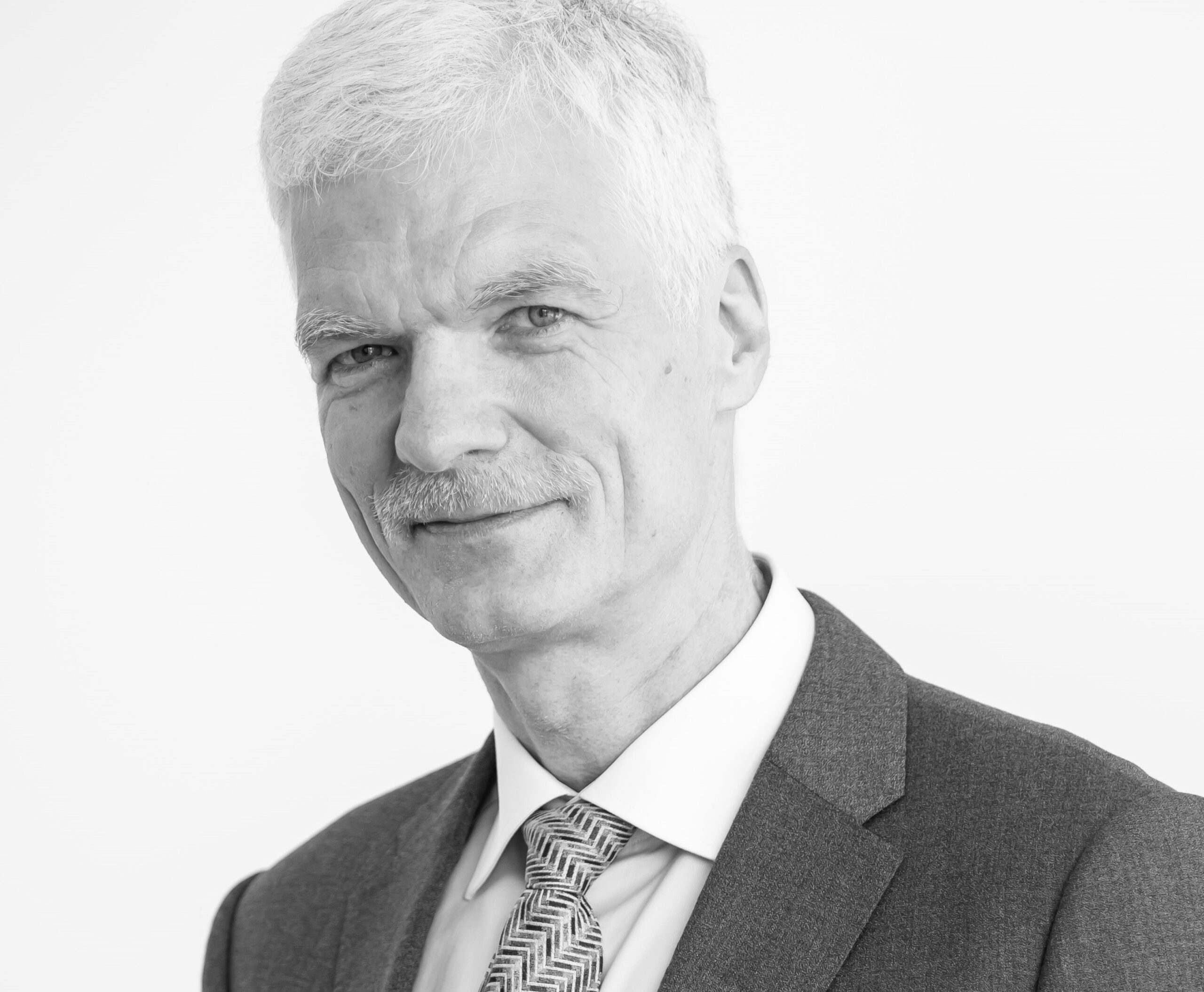
In this post, Clarissa Yung highlights the key points in Andreas Schleicher’s keynote talk at the Learning and Teaching Conference 2022: ‘Global trends shaping the future of education’, and includes a video of his presentation. Andreas Schleicher is Director for the Directorate of Education and Skills at the OECD. Clarissa is an Employ.Ed intern, working at the Institute of Academic Development. This post is part of the Hot Topic: Learning & Teaching Conference 2022.
The COVID-19 pandemic serves as a shocking reminder that the future can be very different from our expectations. In this keynote talk, Andreas Schleicher considers the global trends that are shaping the future of teaching and learning. He considers the questions: What are the fundamental purposes of education today? What are the kinds of skills that will matter most in the future? What kinds of learning environments will 21st-century students flourish in?
Education has a role in today’s world of disconnect
Today’s world is made up of disconnects – between infinite growth imperative vs finite resources, the wealthy vs the poor, technology vs social needs, and more. While education is not wholly responsible for all of this, it certainly has power over culture. As educators, we need to be cognisant of the challenges that lie ahead, such as climate-related crises, extreme digitalisation of societies, and new forms of political turbulence.
We cannot predict the future but we can ask ourselves – what are those drivers that shape the future, and how could they configure in different contexts and circumstances? – Andreas
The emergence of digital technology has redefined literacy
Today, literacy is marked by our capacity to construct knowledge, navigate ambiguity, and triangulate different information sources. Yet, average digital literacy scores have remained relatively unchanged over the last 20 years, with less than half of 15-year-olds being able to reliably distinguish fact from opinion (PISA average, OECD). Andreas argues that this is because we are still teaching 19th century, not 21st century, literacy and ways of thinking. While many things have happened in education, he is not certain that we have got closer to the ideas of the 21st century.
There is a gap between our written and implemented curriculum
Many of today’s issues appear to be embedded in what we teach and learn, but digging deeper into students’ mindsets reveals a differently reality. In the current education zeitgeist, we make students passive consumers of interesting content, but fall short of encouraging a sense of agency. In rewarding compliance in schools rather than innovation, in many ways we lose the capacity for people to imagine, to build, question, create: the key resources of the 21st century.
Tomorrow’s world requires knowledge and skills
In today’s multicultural, pluralistic world, our society is becoming less and less forgiving about an absence of knowledge and skills. The world has become so much more demanding on the capacities of people: to navigate the world around them; communicate with people who are different from them; and be open to different things. This requires a lot of skills, and people without the right skills will be noticeably left out.
We need to do better in helping young people see the future
Throughout school, the world that young people see is our past, not their future. This is reflected in PISA surveys, which show that many teenagers aspire to jobs that are at high risk of automation. Young people cannot dream to be what they cannot see. It is therefore important that we are educating students not for today’s economy, but to enable them to build tomorrow’s economy.
The future of education is a compass
Andreas sees the future of education as a compass that provides people with directions, building a sense of agency that empowers them to mobilise their cognitive, social and emotional skills. This also involves co-agency and dialogue with others. Knowledge remains at the centre of this, including disciplinary, interdisciplinary, and epistemic knowledge.
So, what does this mean for the future of university education?
Andreas suggests we:
- Create students’ need and interest to learn.
- Be truly challenging.
- Develop clear technical knowledge in one or more domain.
- Include the development of a ‘product’ to engage students.
- Have students co-design part of the product/solution/problem.
- Leave room for the unexpected.
- Include enough space for students to reflect and give/receive feedback.
- Be explicit in the underlying education strategy.
- Create alignment across all levels.
- Encourage project-based learning for students and faculty.
We were incredibly grateful to have Andreas join the Conference as such an inspirational and thought-provoking speaker, and you can watch Andreas’ full talk below:
Andreas Schleicher is Director for Education and Skills at the Organisation for Economic Co-operation and Development (OECD). He initiated and oversees the Programme for International Student Assessment (PISA) and other international instruments that have created a global platform for policy-makers, researchers and educators across nations and cultures to innovate and transform educational policies and practices.
He has worked for over 20 years with ministers and education leaders around the world to improve quality and equity in education. Former U.S. Secretary of Education Arne Duncan said that Schleicher “understands the global issues and challenges as well as or better than anyone I’ve met, and he tells me the truth” (The Atlantic, July 11). Former UK Secretary of State Michael Gove called Schleicher “the most important man in English education” – even though he is German and lives in France.
Before joining the OECD, he was Director for Analysis at the International Association for Educational Achievement (IEA). He studied Physics in Germany and received a degree in Mathematics and Statistics in Australia. He is the recipient of numerous honours and awards, including the “Theodor Heuss” prize, awarded in the name of the first president of the Federal Republic of Germany for “exemplary democratic engagement”. He holds an honorary Professorship at the University of Heidelberg.
 Clarissa Yung
Clarissa Yung
Clarissa is a BSc Psychology student with a passion for creative art and storytelling. In Summer 2022, she is an Employ.Ed intern for the Institute for Academic Development, supporting projects on course design, Teaching Matters, and the L&T Conference.


